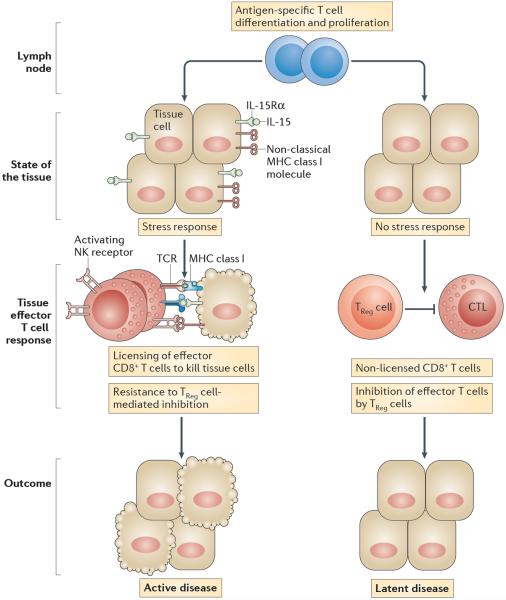Figure 5. Lack of IL-15 expression by tissue cells is associated with latent autoimmunity.
Effector cytotoxic T lymphocytes (CTLs) residing in healthy tissue fail to receive the necessary signals to exert their effector functions and mediate tissue destruction. Only when these effector CTLs are in contact with non-haematopoietic tissue cells that upregulate expression of interleukin-15 (IL-15) and non-classical MHC class I molecules do they become licensed to kill the distressed tissue cells. Latent autoimmune diseases such as potential coeliac disease and latent autoimmune diabetes in adults (LADA) are characterized by the presence of a dysregulated immune response to gluten and β-islet self-antigens, respectively, with the preservation of functional tissue. Conspicuously, IL-15 upregulation is absent in the intestinal epithelial cells and β-islet cells of these patients, which supports the hypothesis that, to mediate tissue destruction, CTLs require signals that license them to kill their target cells. IL-15 upregulation in intestinal epithelial cells and β-islet cells is associated with the licensing of CTLs to promote tissue destruction and the development of active coeliac disease and overt type 1 diabetes, respectively. Licensing of CTLs comprises a reduction in the T cell receptor (TCR) activation threshold, the acquisition of lymphokine-activated killer activity and resistance to immune regulation. IL-15Rα, IL-15 receptor α-subunit; NK, natural killer; TReg cell, regulatory T cell.

